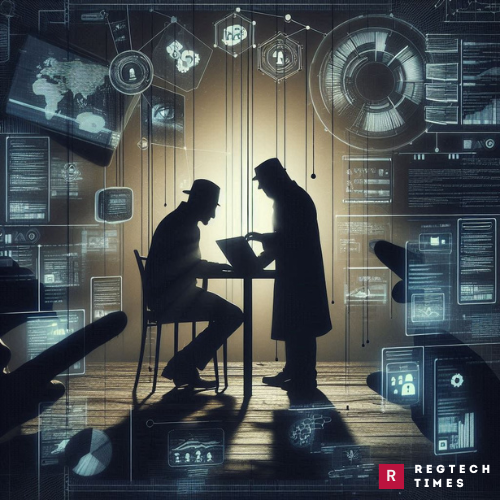In a recent development highlighting the complexities and risks associated with industrial espionage, Klaus Pflugbeil, a Canadian national residing in China, has pleaded guilty to conspiring to send trade secrets belonging to a prominent U.S.-based electric vehicle company to an undercover U.S. agent. This case highlights the critical importance of protecting intellectual property in advanced technology sectors and the severe consequences for those who attempt to exploit it for personal gain.
Background of the Case
The saga began with Klaus Pflugbeil and his accomplice, Yilong Shao, who were former employees of a Canadian company acquired by the U.S.-based electric vehicle giant, hereinafter referred to as Victim Company-1. The company possessed cutting-edge technology related to battery assembly lines, crucial for the production of electric vehicles and other battery-powered systems. This proprietary technology gave Victim Company-1 a notable competitive advantage in the rapidly expanding electric vehicle market.
Theft and Misuse of Trade Secrets by Klaus Pflugbeil
Yilong Shao and Klaus Pflugbeil conspired to steal trade secrets from Victim Company-1. Their plan was to leverage these stolen secrets to establish their own business, known as Business-1, based in China. This enterprise marketed itself as a provider of products that directly competed with those manufactured by Victim Company-1, using online platforms like Google, YouTube, and LinkedIn to attract potential customers. They brazenly advertised their products as replacements for those manufactured by the Victim Company-1, claiming compatibility and equivalence.
Undercover Sting Operation and Discovery
The plot thickened when undercover FBI agents attended a trade show in Las Vegas in September 2023, posing as interested buyers from Long Island, New York. At this event, they encountered Yilong Shao, who introduced them to Klaus Pflugbeil via email. Klaus Pflugbeil subsequently sent detailed technical documentation to the agents, which he falsely claimed as proprietary to Business-1. In reality, this documentation contained crucial trade secrets belonging to Victim Company-1, including confidential drawings and assembly techniques.
Legal Ramifications for Klaus Pflugbeil
The consequences for Klaus Pflugbeil have been severe. He was convicted of conspiring to transmit trade secrets, a federal crime punishable by up to 10 years in prison. His sentencing is scheduled for October 2024, where a federal district court judge will determine the appropriate punishment, considering the U.S. Sentencing Guidelines and other statutory factors.
Broader Implications and National Security Concerns
This case is not merely about the theft of corporate secrets but also raises significant national security concerns. The theft of advanced technology, especially in sectors critical to national infrastructure like electric vehicles, undermines the competitiveness of American companies and poses potential risks to national security. It emphasizes the need for robust cybersecurity measures and vigilance in safeguarding intellectual property against illicit actors, whether they operate domestically or internationally.
Efforts to Combat Industrial Espionage
In response to such threats, the U.S. government has intensified efforts through initiatives like the Disruptive Technology Strike Force. This interagency task force, led by the Departments of Justice and Commerce, aims to thwart the illicit acquisition of critical technologies by hostile nations and authoritarian regimes. Such coordinated efforts leverage legal tools and administrative actions to enforce export control laws and protect American innovation.
Conclusion
The case of Klaus Pflugbeil serves as a reminder of the risks associated with industrial espionage and the severe legal repercussions for those involved. It highlights the intersection of advanced technology, national security, and intellectual property protection in a globalized economy. Moving forward, it is imperative for companies and governments alike to remain vigilant against such threats and to uphold the integrity of intellectual property rights, ensuring a fair and competitive landscape for innovation.
In conclusion, while Klaus Pflugbeil’s guilty plea marks a step towards accountability, it also highlights the ongoing challenges of safeguarding intellectual property in an increasingly interconnected world.


